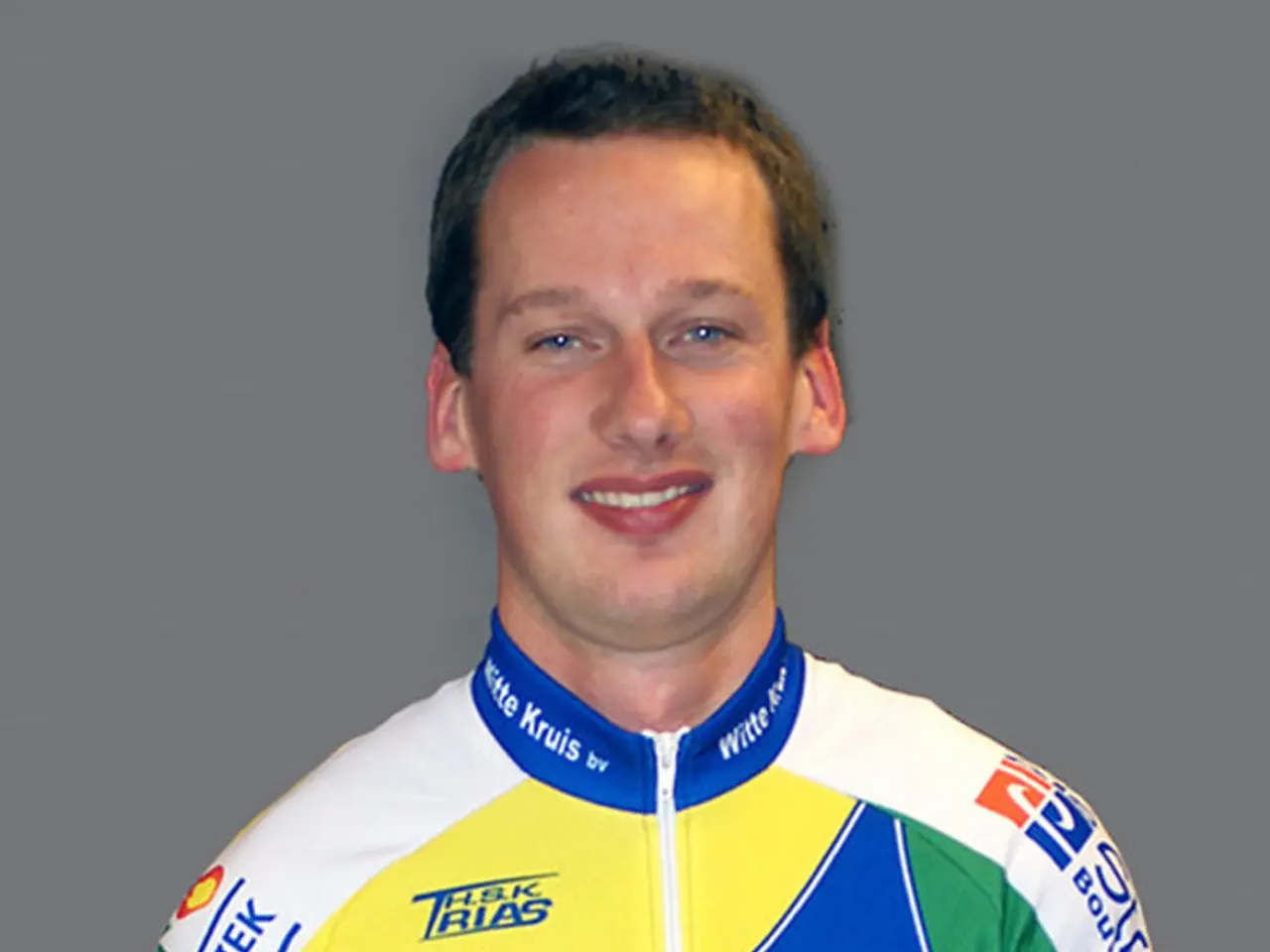New appointment for Germany's GGL: Sandro Kirchner takes the chairmanship role.
In a significant move, an update to Germany's Interstate Treaty on Gambling is being considered, with key changes being discussed and evaluated to address issues arising from current regulations.
The update, expected to be implemented by the federal states in 2025, will focus on deposit limits, stake limits, and IP blocking. The current regulations enforce a €1 maximum stake limit on online slots and a €1,000 monthly deposit cap across all regulated platforms, which have been criticised for making the legal gambling market less competitive compared to the black market.
The Gemeinsame Glücksspielbehörde der Länder (GGL), the federal gambling regulator established in 2023, is at the forefront of evaluating these limits and considering amendments. The GGL recognises that these low stake and deposit limits restrict licensed operators’ ability to compete with illegal gambling sites, which still account for a substantial portion of the market.
The interim evaluation launched in December 2023 assessed the effectiveness of existing regulations and is expected to lead to recommendations for improvements. Among the considered reforms are adjusting or potentially raising the deposit and stake limits to make the licensed sector more appealing, addressing the confusion about the regulator’s definition of affordability related to stake and deposit limits, and reviewing IP blocking measures to better enforce the rules against illegal operators.
Industry bodies like the Deutscher Sportwettenverband (DSWV) have called for urgent reforms to allow a broader range of betting products, eased restrictions on live betting and advertising, and more realistic regulations to improve channelization of players to legal platforms and reduce the black market’s appeal.
The new chairman of the GGL, Sandro Kirchner, officially assumed his position on 1 July. In his role, Kirchner has emphasised the prosecution of illegal operators and player protection as his main priorities, stating, "The work of the GGL must continue to be significantly geared towards the goal of ensuring that the business model of illegal gambling is not profitable in Germany."
The online gambling market in Germany has developed rapidly in recent years, and the GGL has met these challenges with great commitment. Under the leadership of the outgoing chair, Reiner Moser, the GGL demonstrated remarkable results both in combating illegal gambling and in regulating and supervising the legal market.
Michelle Hembury of Melchers Law and Simon Priglinger-Simader, DOCV Vice President, have also spoken of the need to update the current rules, stating that they will not be applicable from next year and therefore an update is expected before 2026. The organisation rotates its chairmanship annually in alphabetical order of its member states.
In summary, the planned update to the Interstate Treaty aims to balance stronger player protection with enhanced market competitiveness by reconsidering restrictive deposit and stake limits and other measures limiting the legal gambling market in Germany. The changes are expected to be implemented by the federal states during 2025 following the ongoing evaluation process.
- The proposed upgrade to Germany's Interstate Treaty on Gambling will primarily focus on deposit limits, stake limits, and IP blocking in a bid to enhance market competitiveness.
- The low stake and deposit limits currently in place have been criticized for making the legal gambling market less competitive compared to the black market.
- The Gemeinsame Glücksspielbehörde der Länder (GGL), the federal gambling regulator, is responsible for evaluating these limits and considering potential amendments.
- Among the reforms being considered are adjusting or potentially raising the deposit and stake limits, addressing the definition of affordability, and reviewing IP blocking measures.
- Industry bodies like the Deutscher Sportwettenverband (DSWV) have expressed the need for urgent reforms, highlighting the need for a broader range of betting products, eased restrictions on live betting and advertising.
- The new chairman of the GGL, Sandro Kirchner, prioritizes the prosecution of illegal operators and player protection in his role.
- The online gambling market in Germany has seen rapid growth, and the GGL, under its outgoing chair, Reiner Moser, has demonstrated remarkable results in combating illegal gambling and regulating the legal market.
- Experts, including Michelle Hembury of Melchers Law and Simon Priglinger-Simader, DOCV Vice President, have emphasized the necessity of updating the current rules before they become obsolete in 2026.




